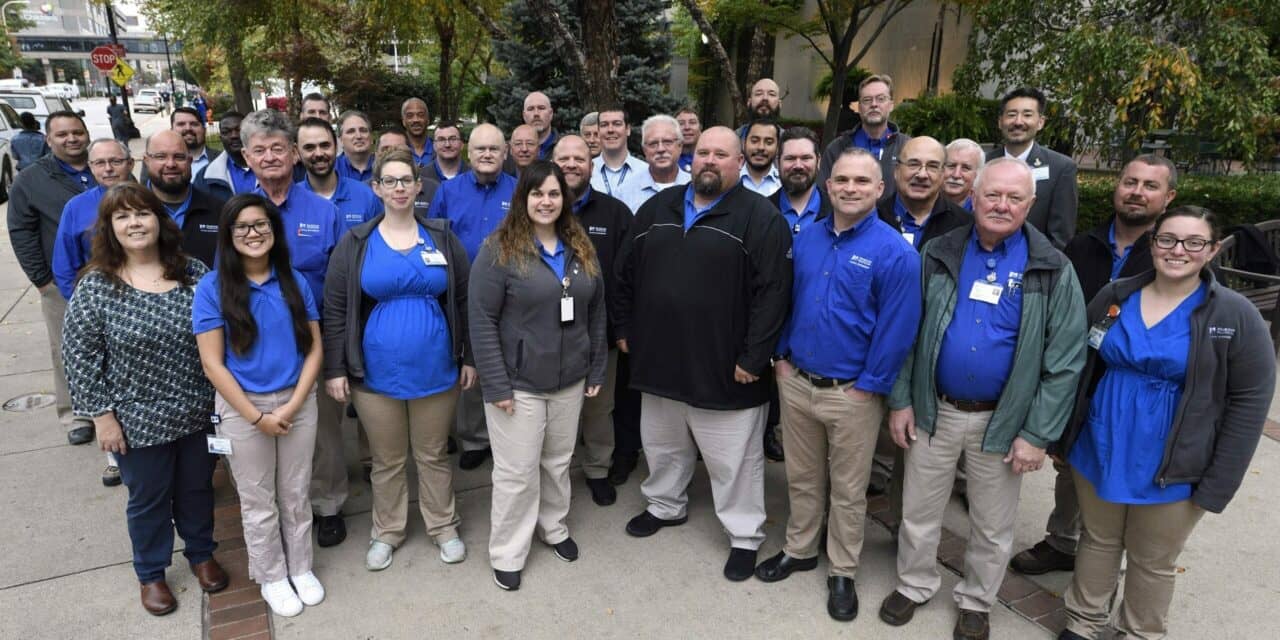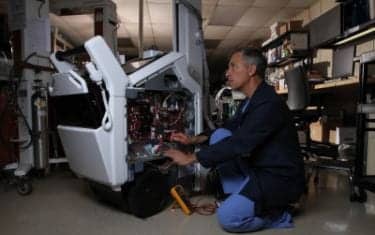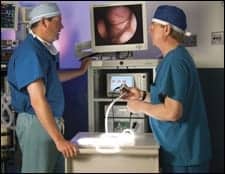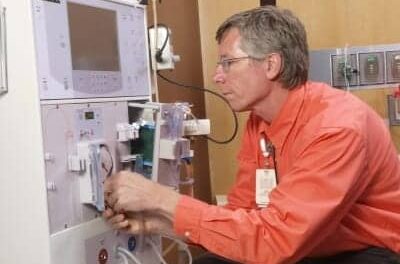Norton Healthcare’s clinical engineering team is no stranger to accolades. In addition to member facility Norton Audubon Hospital winning a 2019 “Energy to Care” Award from the American Society for Health Care Engineering, the Louisville, Ky.-based clinical engineering group received national recognition in 2017 for its use of strategic planning principles. Below, Scott Skinner, Norton Healthcare’s system director of clinical engineering, reveals why his team is worthy of such praise and shares how the department’s reporting structure is a boon for operations—as well as patient safety.
24×7 Magazine: Can you please tell us a little bit about your clinical engineering department and the workload you handle?
Scott Skinner:The clinical engineering team at Norton Healthcare is made up of 42 professionals. We service more than 45,000 devices and systems across five hospitals, seven outpatient centers, 14 immediate care centers, and numerous physician practices with more than 1,100 providers and a reference lab.
We provide advanced in-house service for linear accelerators, all imaging modalities, sterilizers/washers, and all the traditional biomedical equipment categories. We maintain very few full-service contracts and use a risk-sharing model to manage costs. Our team also oversees the organization’s capital medical equipment replacement planning for nonlaboratory and nonimaging modalities, and have an embedded medical device IT security function.
We’re proud that we have several team members who have the certified biomedical equipment technician (CBET) credential. Plus, our two directors and our system director have the certified healthcare technology manager, or CHTM, credential. The system director is also board-certified in healthcare management as a fellow of the American College of Healthcare Executives.
24×7: How has your department evolved over the past few years, and how do you anticipate it evolving even more in the future?
Skinner:We’ve all seen medical devices become more sophisticated and more interactive with (and dependent on) networked resources. The complexity of the service models to meet those demands continues to increase. Clinical engineering at Norton Healthcare is a component of our information services department, and we report directly to the chief information officer. This structure has better positioned us to work through those demands.
24×7: Very interesting! So how does the clinical engineering team work with other information services members to promote device security and combat cyber threats?
Skinner:Our embedded medical device IT security function includes dedicated staff and leadership. That team has partnered with the core information services security team to ensure that initiatives align and aren’t duplicative. We have regularly scheduled discussions with the chief information officer regarding medical device-specific security strategies. We’ve also deployed various tools and methods to help address this area.
24×7: How is your clinical engineering team addressing staffing challenges?
Skinner:We have some team members who have retirement plans in the not-too-distant future. We’ve worked really hard to address this by developing a career ladder that starts off with externs from a local college; progresses to entry-level, full-time opportunities; and moves up to the senior level for certain specialties. We think the most important piece is investing in the pipeline for people coming into the field. We’ve even attended career fairs at the local middle school level to create more awareness about the healthcare technology management field.
24×7: What else do you want 24×7 Magazine readers to know about your clinical engineering department?
Skinner:We’ve received multiple accolades from the HTM community. They include:
- We were recognized as a runner-up for ECRI Institute’s annual Health Devices Achievement Award in 2017.
- In 2011, we won the AAMI-sponsored Technology Management Council Best Practice Award.
- Team members have been quoted in 24×7 Magazine, AAMI’s Biomedical Instrumentation & Technology, and more.
- One team member has served on AAMI’s Technology Management Council





